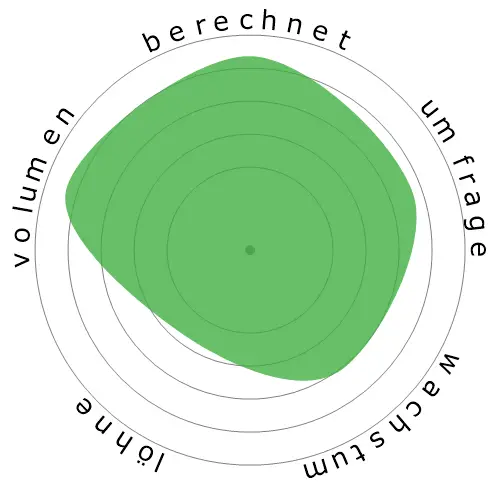Vorschul-, Grundschul-, Mittelschul-, Sekundarschul- und Sonderpädagogiklehrer




Personen haben sich auch angesehen
Berechnetes Automatisierungsrisiko
Minimales Risiko (0-20%): Berufe in dieser Kategorie haben eine geringe Wahrscheinlichkeit, automatisiert zu werden, da sie in der Regel komplexe Problemlösungen, Kreativität, starke zwischenmenschliche Fähigkeiten und ein hohes Maß an manueller Geschicklichkeit erfordern. Diese Jobs beinhalten oft komplexe Handbewegungen und präzise Koordination, was es für Maschinen schwierig macht, die erforderlichen Aufgaben zu replizieren.
Weitere Informationen darüber, was dieser Wert ist und wie er berechnet wird, sind verfügbar hier.
Diese Seite ist eine Kategorieseite, die mehrere Berufe umfasst. Um eine Punktzahl für diese Kategorie zu ermitteln, berechnen wir den Durchschnitt aller Berufe innerhalb dieser Kategorie.
Bitte beziehen Sie sich auf die einzelnen Berufsseiten für weitere Informationen zu jeder in dieser Kategorie enthaltenen Profession. Sie können sie aufgelistet sehen. hier.
Benutzerumfrage
Unsere Besucher haben abgestimmt, dass es eine geringe Chance gibt, dass dieser Beruf automatisiert wird. Diese Einschätzung wird weiterhin durch das berechnete Automatisierungsrisiko unterstützt, welches eine 11% Chance der Automatisierung schätzt.
Was denken Sie, ist das Risiko der Automatisierung?
Wie hoch ist die Wahrscheinlichkeit, dass Vorschul-, Grundschul-, Mittelschul-, Sekundarschul- und Sonderpädagogiklehrer in den nächsten 20 Jahren durch Roboter oder künstliche Intelligenz ersetzt wird?
Wachstum
Die Anzahl der 'Preschool, Elementary, Middle, Secondary, and Special Education Teachers' Stellenangebote wird voraussichtlich um 0,1% bis 2033 sinken.
Gesamtbeschäftigung und geschätzte Stellenangebote
Aktualisierte Prognosen sind fällig 09-2025.
Löhne
Im Jahr 2023 betrug das mittlere Jahresgehalt für 'Preschool, Elementary, Middle, Secondary, and Special Education Teachers' 63.280 $, oder 30 $ pro Stunde.
'Preschool, Elementary, Middle, Secondary, and Special Education Teachers' wurden 31,7% höher bezahlt als der nationale Medianlohn, der bei 48.060 $ lag.
Löhne über die Zeit
Volumen
Ab dem 2023 waren 4.261.430 Personen als 'Preschool, Elementary, Middle, Secondary, and Special Education Teachers' in den Vereinigten Staaten beschäftigt.
Dies entspricht etwa 2,8% der erwerbstätigen Bevölkerung im ganzen Land.
Anders ausgedrückt, ist etwa 1 von 35 Personen als 'Preschool, Elementary, Middle, Secondary, and Special Education Teachers' beschäftigt.
Stellenbeschreibung


Kommentare
Leave a comment
plus, the robots might even scare them
Tools like intelligent tutoring systems, virtual reality for immersive learning experiences, and automated administrative tasks can free up educators to focus on more critical aspects of teaching, such as emotional intelligence and critical thinking.
While AI's integration into education could enhance teaching and learning processes, a complete takeover is less about replacement and more about augmentation and partnership between human educators and AI technologies. The future likely holds a blend where AI supports education, enriching the learning experience without fully displacing the human touch that is crucial for student development.
Hinterlassen Sie eine Antwort zu diesem Beruf